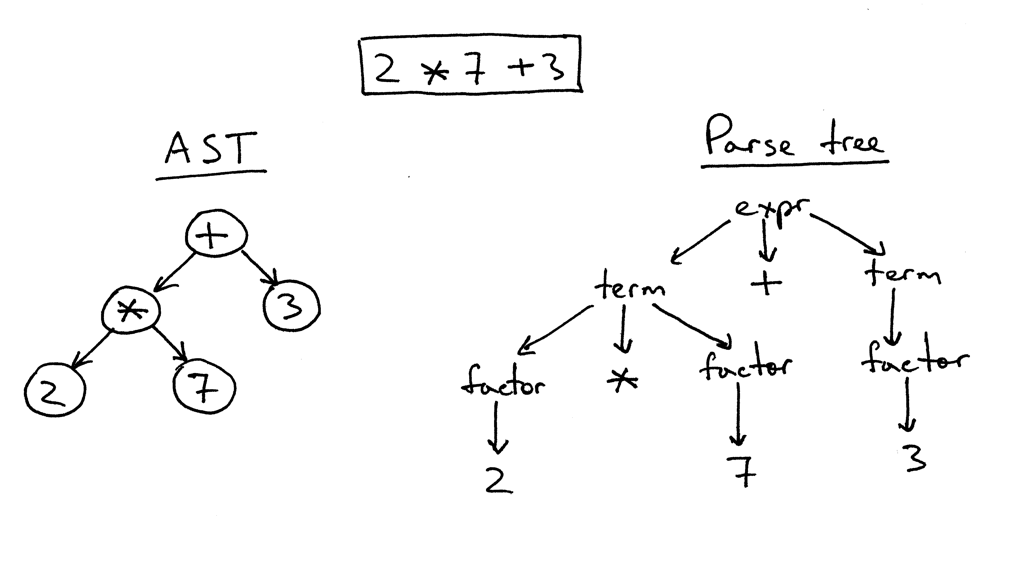Code Analysis
Michael L. Collard, Ph.D.
Department of Computer Science, The University of Akron
Artifacts
- UML and design documents
- Issue-tracking
- Others?
- Code
Code Analysis
- static program analysis
-
Analysis of software source code and other artifacts
- dynamic program analysis
- Analysis of output/trace data from running programs
Uses for Static Analysis
- Search/Query
- Metrics
- Support Program Understanding/Comprehension, Code Review
- Reverse Engineering
- Program Transformation
- Program Optimization
- Program Correctness
Source Code Granularity/Levels
- Example
- Tokens
- Statements
- Methods/functions
- Classes
- Files
- Set of files
- Complete programs - all files
Code Level Approaches
- regular expressions
- lexical view, "Program is a stream of tokens"
- Abstract Syntax Tree (AST)
- fully-parsed syntax view
- Really an Abstract Syntax Graph (ASG)
Source Code is Messy
- Comments
- Literal values
- Preprocessor statements
- Code fragments
- Uncompilable code
- Incomplete set of files
Regular Expressions
- Example:
^((From|To)|Subject): ((?(2)\w+@\w+\.[a-z]+|.+)) grep- Fast, faster, fastest
- API's in most languages
- Great for simple parsing
- Corresponds to lexical analysis (lexer): Characters into tokens
- Major disadvantage: Context, e.g., "if"
Abstract Syntax Tree
Abstract Syntax Tree

- Compiler view
- Better for more complex parsing
- Corresponds to the parser in compilers: Tokens into trees
- Understands syntax
- Answers questions that compilers need to ask
Abstract Syntax Tree: Disadvantages
- Compiler view
- No code fragments
- Uni-preprocessor view
- Cannot handle non-compilable code
- Takes a lot of space
- Slow, slow, slow
Alternative: Document View
- Markup text with annotations indicating place, etc.
- Whole idea behind XML
- Why not mark up source code with XML?
- srcML
- srcML Resources
- srcML Playground